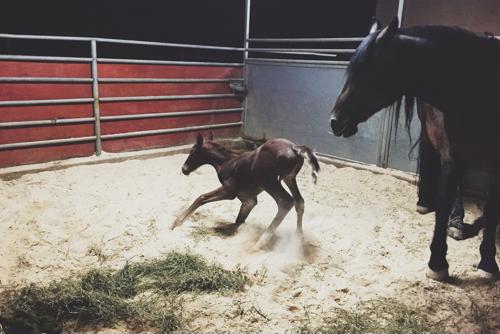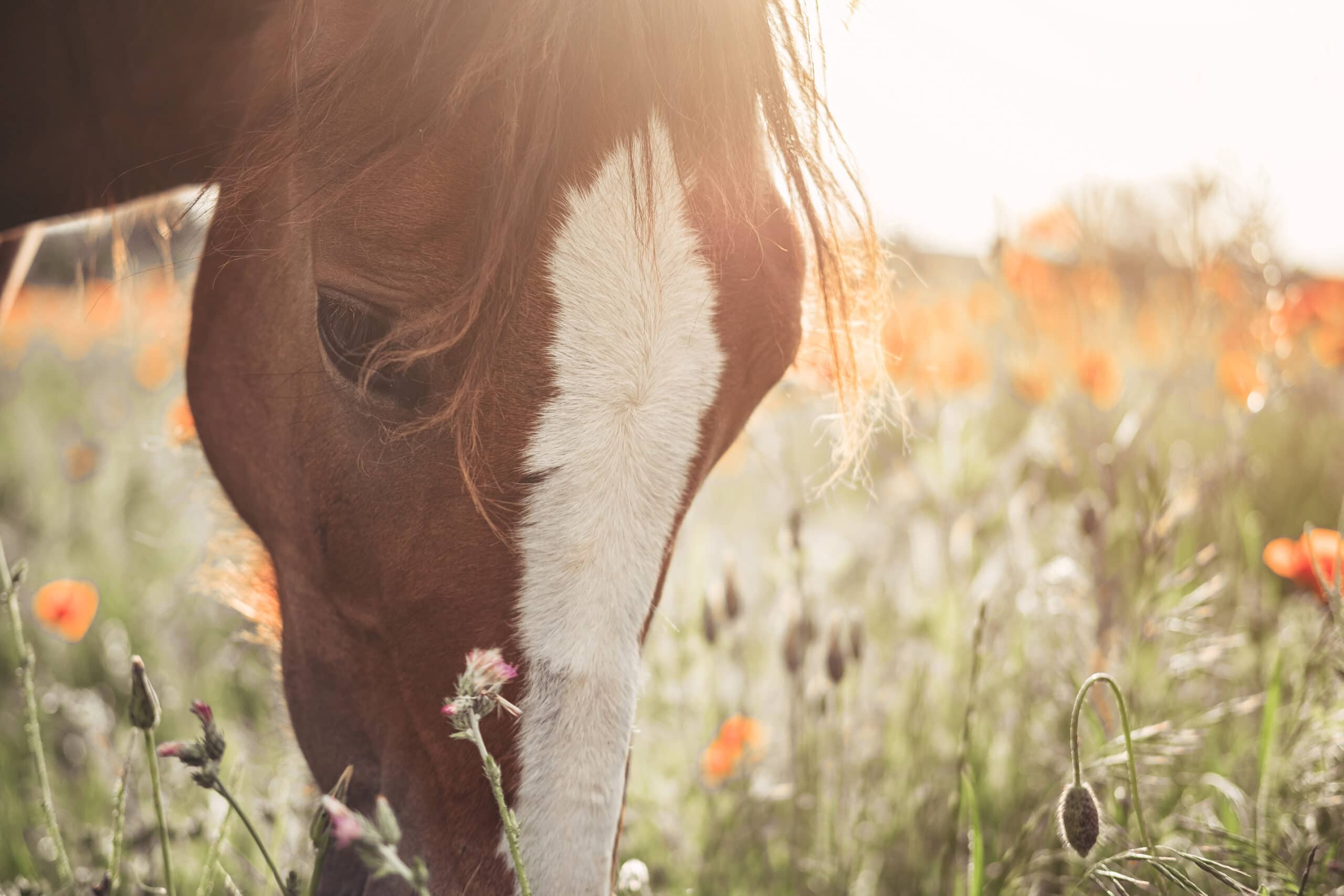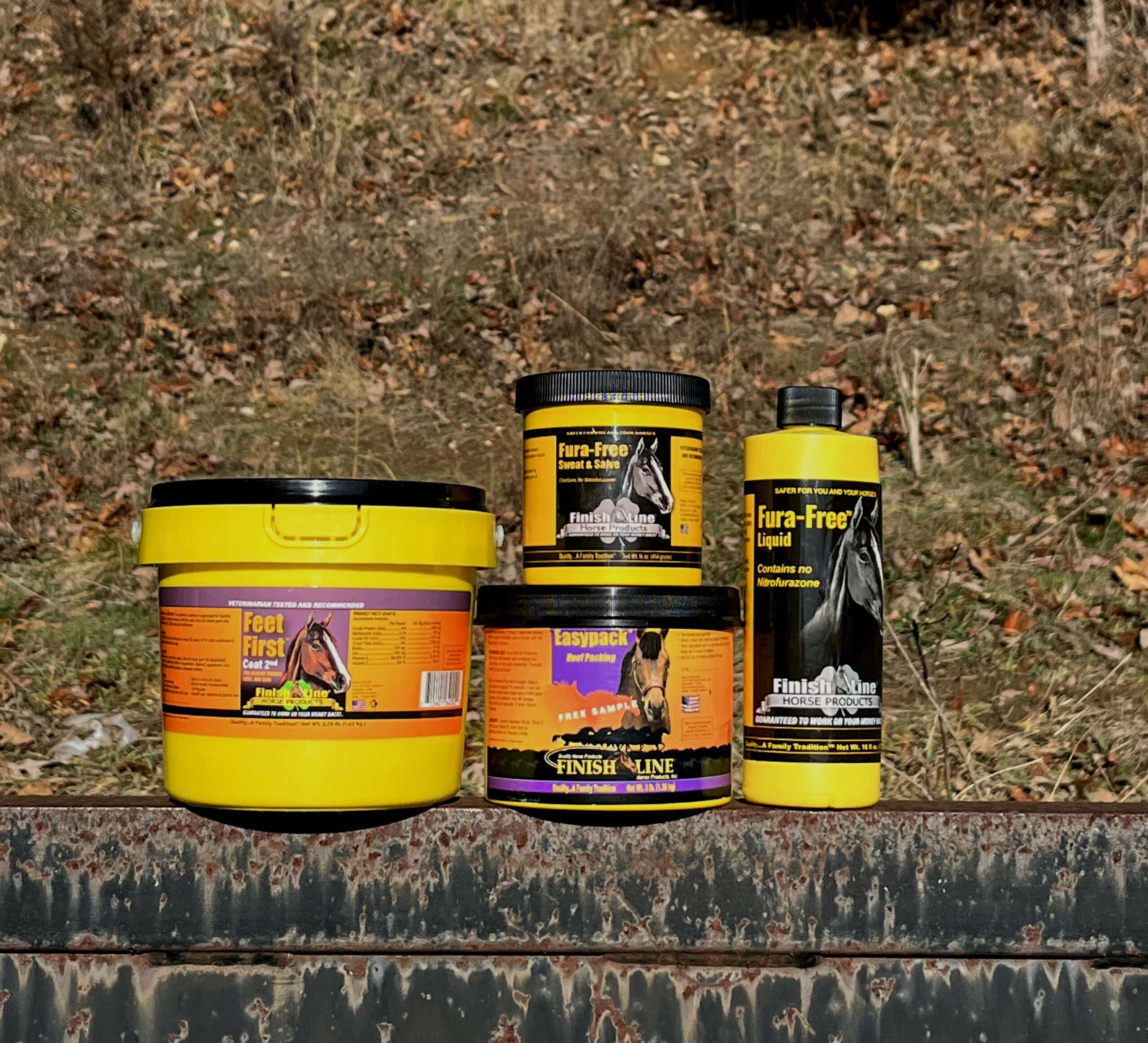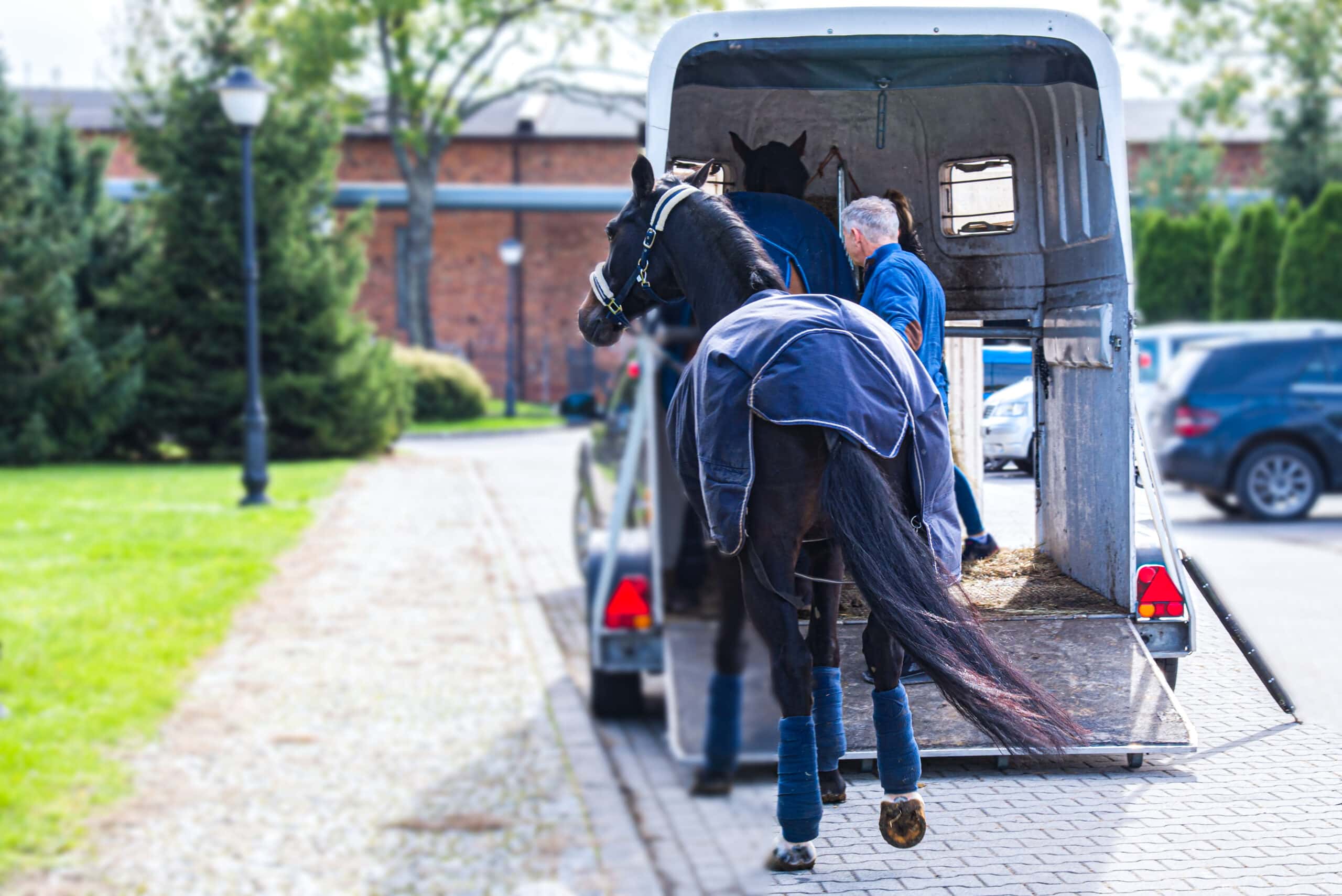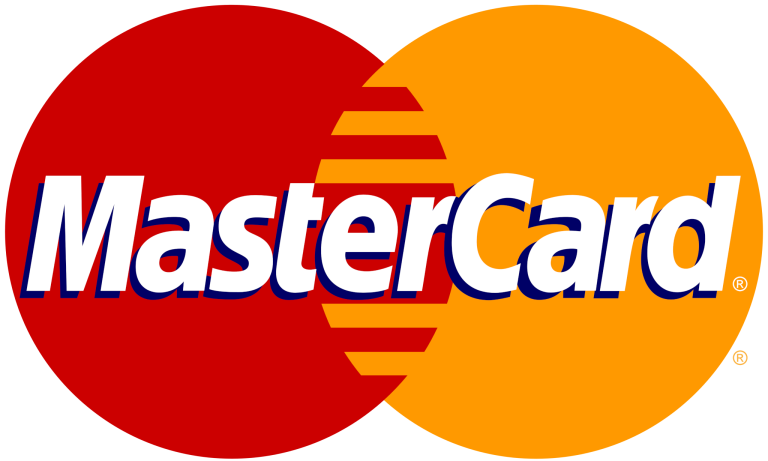Maintaining a pregnant or soon-to-be pregnant mare can be a challenging task. If done properly, however, the reward is a foal that is the picture of health, whose possibilities for sport or work are endless.Amid a variety of things to consider, like vaccines and getting the equine adjusted to light, nutrition is a huge factor in preserving the health of the mare and her young both during and after birth. Before breeding season rolls around, owners and caregivers should know how to keep their horse properly sustained once pregnant so that the foal enters the world as healthy as can be.
Ensure mares eat in later stages
Mares scheduled for breeding should be of standard weight, or even plump, as the season approaches, according to the University of Minnesota Extension. The reason for this is because mares generally eat less as the foal grows into its full birth weight and takes up more room in the mare’s stomach. Additionally, the nutritional needs of the foal increase and drain more nutrients from the carrying mother.
“The bulk of the growing occurs in the final three months of the pregnancy.”
During the first eight months of pregnancy, foals tend to grow very slowly, and the mare’s weight and nutritional needs stay relatively the same. Purina reported that foals only grow one-fifth of a pound each day during this period. The bulk of the growing occurs in the final three months of the pregnancy. During these latter months, the foal gains two-thirds of its overall body mass and its demands for nourishment intensify.
Before the foal’s drastic weight gain, mares can typically be fed in the same way one would feed an idle and mature horse: with quality hay and adequate concentrate supplementation.
However, simply making sure your horse is keeping or gaining weight before pregnancy is not quite enough to guarantee a healthy foal. According to Purina, a lack of protein during pregnancy can have negative effects on a foal even if their overall caloric intake is sufficient. Mares in fatty conditions have been observed giving birth to malnourished and feeble foals when protein deficiencies were found.
Ulcers can also pose a problem for mares and to combat them, it’s recommended owners provide the equines with Finish Line’s U-7 Gastric Acid herbal/vitamin blend.
“It is reported that at least 50% of brood mares have gastric or hind gut ulcers,” said Mark Phillips, a Hall of Fame Veterinarian, to Finish Line. “By doubling the recommended dose of U7 for the first month then using the recommended dose for the next 60 days, 98 percent of the ulcers will be healed. Foals as well as weanlings also get ulcers and U-7 will treat them also.”
Vitamins are vital
In the final few months of gestation, the mare’s need for vitamins and minerals is compounded as the foal grows in size. Sugars, calcium, zinc, iron, copper, phosphorus, manganese and iron can all be drained from the mother drastically, and diet alone will usually not reintroduce these nutriments into the body, according to the University of Minnesota Extension. A number of the trace metals are stored in the fetal liver and are needed for it to function properly.
Incorporating comprehensive supplements, like Finish Line’s Iron Power, into a mare’s daily intake of food can keep them from experiencing health problems and keep their foals in good shape as well.
“Brood mares have severe drain on the blood. This is from breeding through weaning,” said Phillips to Finish Line. “Thus the need to maintain blood values. Iron Power is the only oral supplement that I have tested that really works.”
The University of Minnesota Extension also noted that researchers found supplementing a mare with vitamin E around 30 days of birth increases the success of passive antibody transfer from mare to foal.
Once the foal is born
Purina reported that within their first weeks of life, foals typically do not eat enough fortified feeds to properly nourish them with the vitamins and minerals they need to remain in good health. A mare’s milk also has very little mineral concentrations which are vital for proper foal development. This compounds the need for young horses to use the supplementation given to them by their mothers during the last stages of gestation to make up for their lack of mineral intake during week one.
When lactation begins, the mare’s need for nutrients increase. It’s possible to meet these bodily demands through a diet of high-quality feed, but the University of Minnesota Extension noted that most mares should be fed a daily grain and protein mixture of 1 pound of feed per every 100 pounds of their weight.
The correlation between a healthy mare and a healthy foal is one to be very aware for owners that hope to breed their mares.



